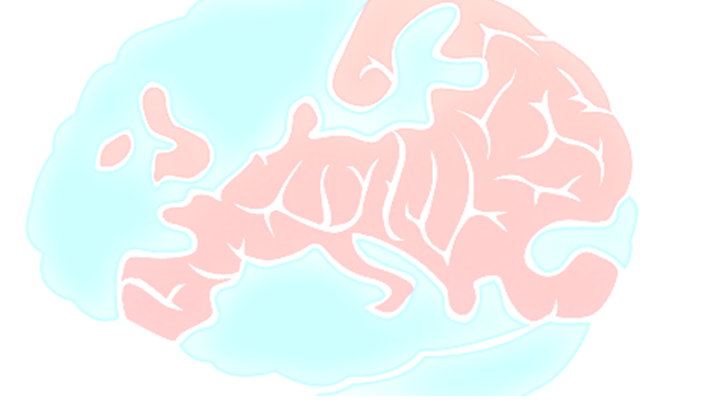
by Rita Jonusaite. Originally published on 2014/02/03
Like other countries which have entered the European Union in 2004 Lithuania has promised to replace its national currency with the Euro when it is able to fulfill the criteria of Maastricht set out as price stability, a balanced government budgetary position, and stable exchange and long-term interest rates. The integration into the Eurozone is seen as a crucial step for Lithuania, because it would mean complete membership to the Union. Lithuania has already tried to introduce the Euro in 2007 but the efforts were not successful due to the high inflation rate. Now, seven years later, another plan is prepared to be put into practise in 2015 which is supposed to finally introduce the Euro. Unbelievable efforts will be put into place, bearing in mind that now this is a question of national ambitions as well, since Latvia is getting the Euro in 2014 already.
The potential advantages of becoming a Eurozone member are unquestionable, starting with greater possibilities to expand trade and financial cooperation with other Eurozone members, bigger competition on the EU market, which means cheaper goods and services, as well as greater financial stability, because countries have to comply with EU financial requirements.
However, being a bit critical I would not count on these benefits too much. We cannot ignore the negative aspects of replacing the Lithuanian national currency with the Euro.
First of all, cheaper goods from the European market do not reduce the loss of our national currency. It is clear that goods and services are going to be more expensive during this transit period if we look at the experience of Estonia and Slovakia. A negative reaction of people in this case is unavoidable, because unfortunately, in most cases bigger salaries do not follow higher prices. Some people believe that this is how it is supposed to be but probably this is the result of a lack of information or wrong information because they tend to believe that magically their country’s budget is going to be propped up by additional money. It means that these people will be disappointed and dissatisfied and some Lithuanians already are foreseeing this as consequences of introducing the Euro.
Moreover, Lithuania’s national currency (litas) is a fairly reliable and strong currency. It is totally covered by reserve of gold and foreign currencies. According to internal laws these reserves cannot be used for fiscal policy, but whenever we will have the Euro this obligation will not be relevant anymore and the government will get the access to these significant resources. This might be one of the main reasons apart from Euro integration why no one asks the people’s opinion about joining the Eurozone. The authorities do not consider the role of the national sentiments in it.
Lithuanian citizens, especially the older generation, see a positive correlation between the nation state and their national currency: the state cannot exist without its money and vice versa. The national currency is practically the symbol of independence, it contains history and traditions. Hence, there is a moral question whether the government has a moral obligation to consider people’s opinion. Doing so would give legitimacy to its decision. On the other hand, a contradiction might be found. In a referendum which has been organized before the EU’s enlargement in 2004 people voted in favour of membership which naturally meant this final stage of integration.
However, here I would come back to the lack of proper information. Most of those who voted in favour of EU integration did not know what it exactly means. Membership was a general goal or desire which symbolised the acknowledgement of Lithuania as an equal European state, as well as promises of more investments from foreign countries in the future and the escape from influence of Russian Federation by having a new powerful protector in the EU.
Instead of concluding I want to end this article by asking whether the above mentioned benefits really outweigh the losses and difficulties Lithuanian citizens will need to experience in order to become a member of the Eurozone. The slogan of European citizenship refers to rights but what about the right to choose when obligations are over ordinary people’s will?

 The ’Ndrangheta’s Infiltration and Threat to European Institutions
The ’Ndrangheta’s Infiltration and Threat to European Institutions  From Paper to Practice: How Grassroots Norms Undermine Gender Rights in Pakistan
From Paper to Practice: How Grassroots Norms Undermine Gender Rights in Pakistan  Exploited Childhoods: The Role of Global Corporations in Perpetuating and Mitigating Child Labour
Exploited Childhoods: The Role of Global Corporations in Perpetuating and Mitigating Child Labour  Human Rights Challenges in Addressing SLAPPs in Media, NGOs and Journalism in the EU
Human Rights Challenges in Addressing SLAPPs in Media, NGOs and Journalism in the EU 


